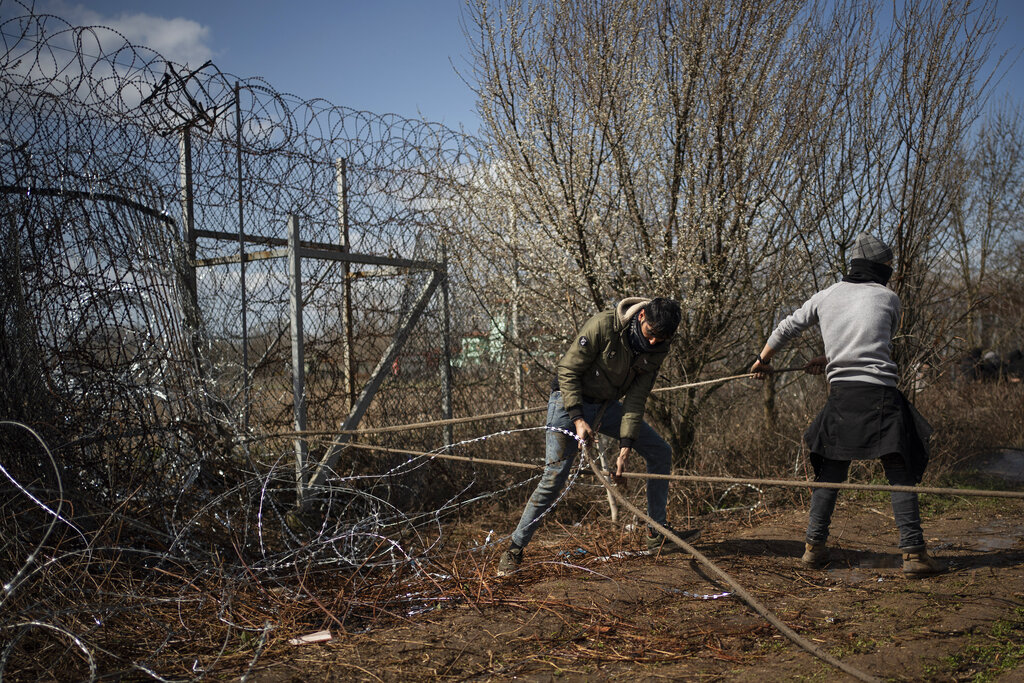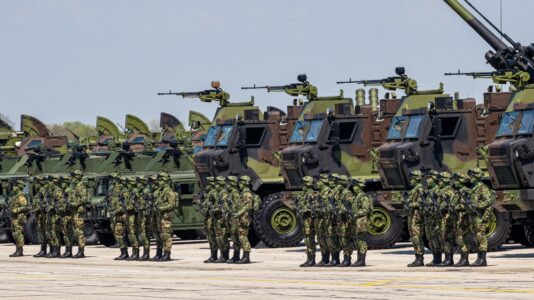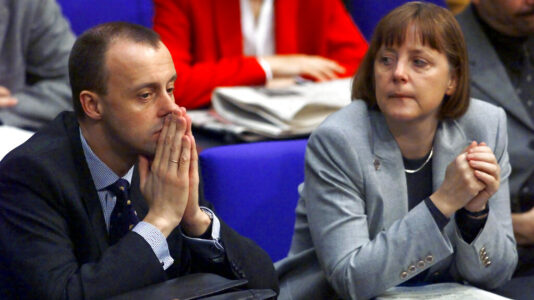The Greek government has reaffirmed its commitment to extending the border fence with Turkey, designed to curb illegal migration, despite objections from the European Commission.
Greek Prime Minister Kyriakos Mitsotakis had previously made it clear that the fence would be built regardless of whether EU funding is secured, stating, “The new fence will be built with or without the European Union.”
The construction of the fence began in 2012 and has since been expanded using national funds. It has drawn renewed attention following Germany’s tougher stance on migration and Hungary’s vocal opposition to the controversial EU migration pact, as well as Budapest’s call to be reimbursed by Brussels for its own border fence.
Like Poland with its reinforced border with Belarus, countries like Greece, as the first point of contact for many migrants, are seeking to enhance their protection of the European Union’s external borders.
Amid escalating conflicts in the Middle East and an increase in migration from Turkey in recent months, Athens recently resubmitted a request to the EU for financial support to further extend the fence.
The request, however, was swiftly declined by Brussels, which reiterated its opposition to financing physical barriers such as fences and called for “more intelligent solutions.”
“Member states must protect the EU’s external borders. They are in the best position to decide how to achieve this in practice, in a way that is fully in line with the EU acquis (body of law), including respect for fundamental rights,” a Commission spokesperson said in response.
Further diplomatic efforts, at least on a bilateral basis, took place earlier this week in New York between Mitsotakis and Turkish President Recep Tayyip Erdoğan where the pair agreed to continue cooperating in the fight against smuggling networks, a key driver of irregular migration.
Despite the constructive tone of the meeting, tensions between the two nations remain high, particularly over the issue of Cyprus, where Erdoğan continues to push for the island’s division into two states—a proposal firmly rejected by both Greece and the EU.






